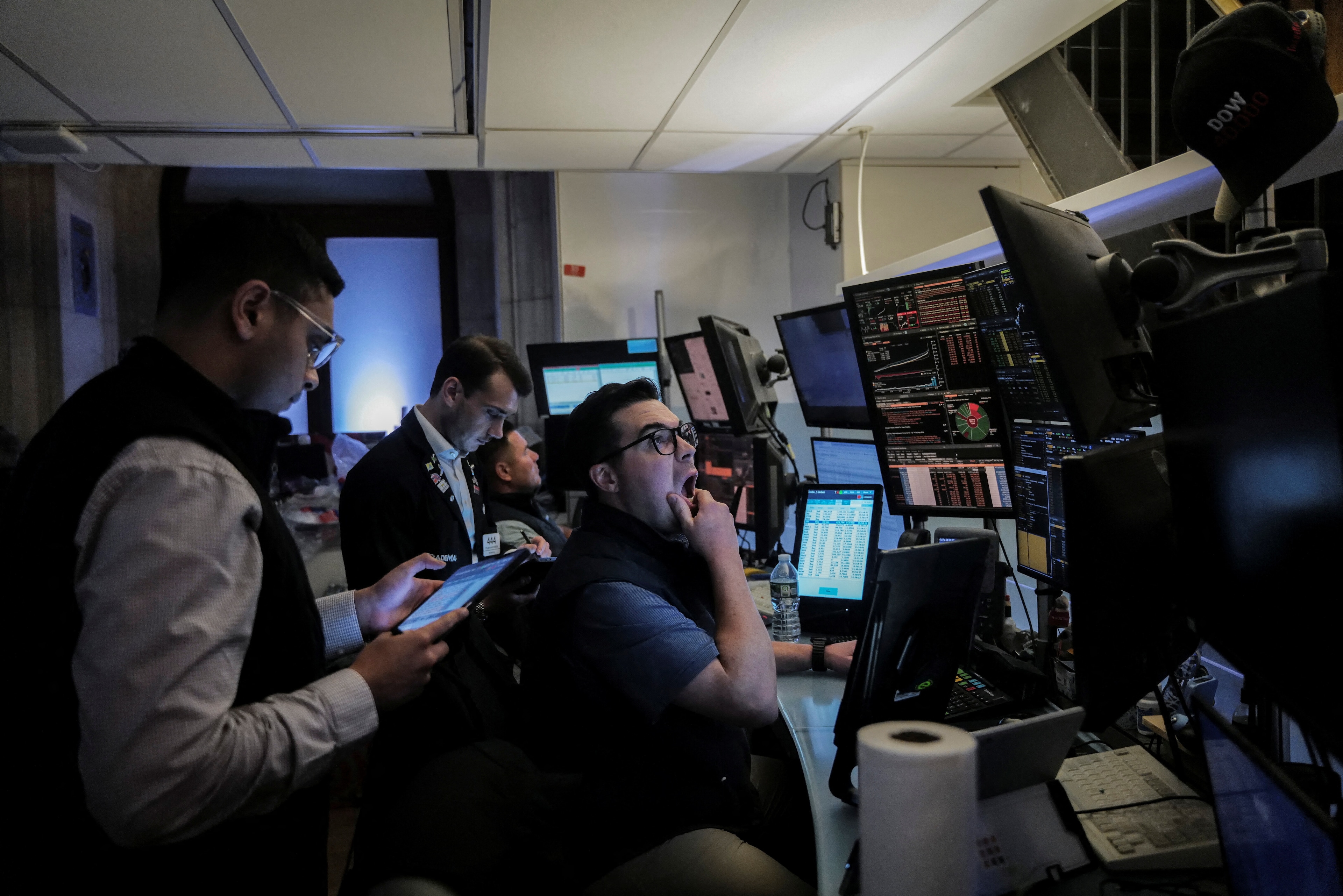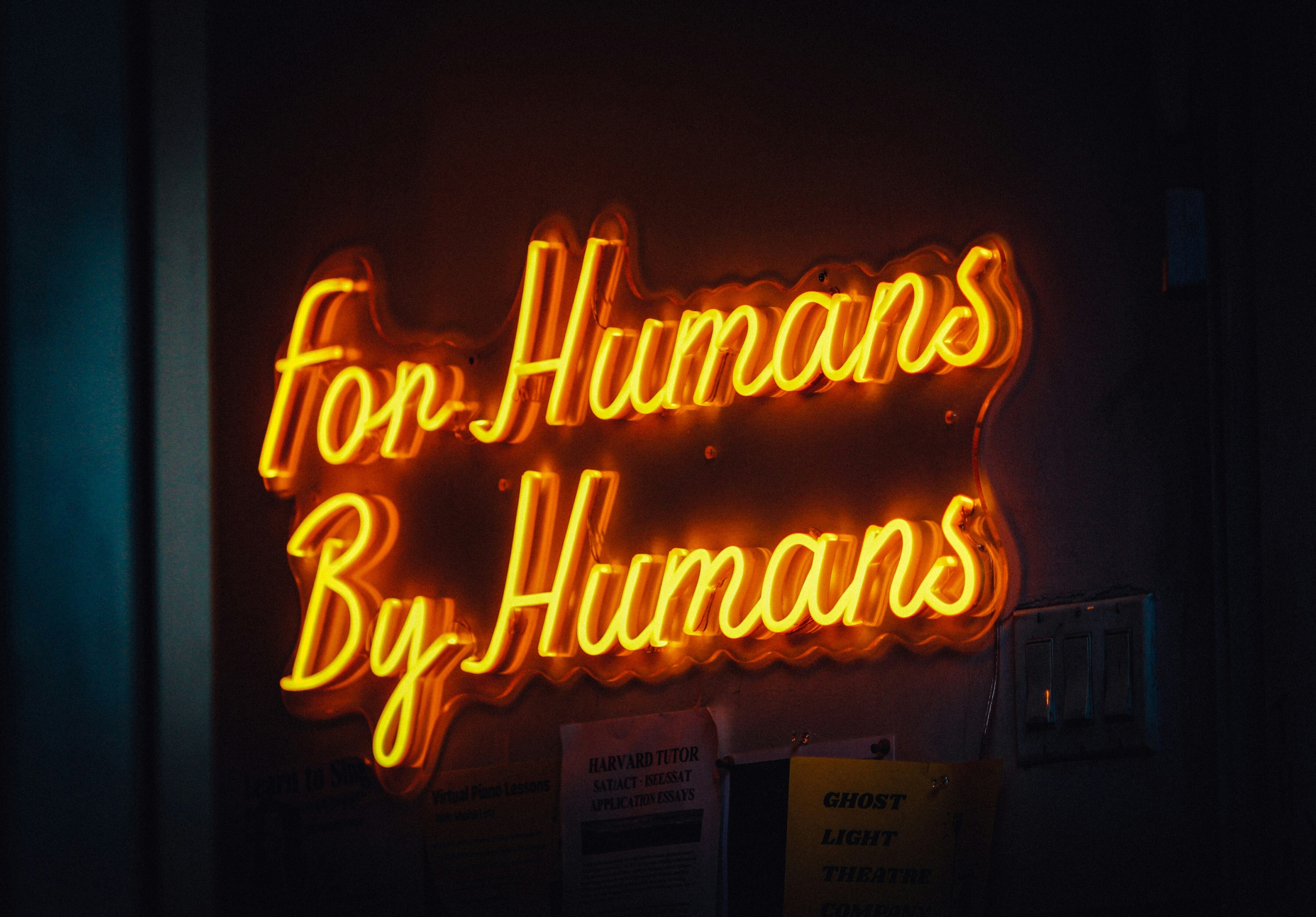US perceptions of workplace safety have never been so low - poll

A double-digit discrepancy was observed between white and non-white workers in terms of how they perceive workplace safety.
Image: Unsplash/Science in HD
Stay up to date:
United States
- Workers are reporting feeling unsatisfied with their physical safety at work in the United States, according to data from the Gallup Poll Social Series.
- While 69% of white workers said they were completely satisfied with workplace safety conditions, just 59% of non-white workers said the same.
- A large factor in workers’ decrease in confidence over safety conditions relates to COVID-19 and how prepared their company is for preventing and handling outbreaks.
The latest data on unemployment in the U.S. shows there were just under 900,000 new jobless claims made in August, the lowest it’s been since COVID-19 restrictions began in March. As companies continue to rehire and employees return to the workplace, survey responses reveal workers feel less safe on the job than in previous years.
New data from the ongoing Gallup Poll Social Series shows just 65 percent of respondents are completely satisfied with their physical safety at work. That’s the lowest score for the poll in at least the last decade, with a high of nearly 80 percent coming in 2017.
Workers' perceptions of workplace safety
A double-digit discrepancy was observed between white and non-white workers in terms of how they perceive workplace safety. While 69 percent of white workers said they were completely satisfied with safety conditions, just 59 percent of non-white workers said the same. A similar 10 percentage point was observed between college graduates and non-graduates, while the largest difference of 18 percentage points was seen between those who make $75,000 or more a year and those who make less than $75,000.
A large factor in workers’ decrease in confidence over safety conditions relates to COVID-19 and how prepared their company is for preventing and handling outbreaks. Many who are feeling less safe at work now have the option to work remotely, and it remains to be seen how many of these jobs will stay remote full-time moving into next year.
Don't miss any update on this topic
Create a free account and access your personalized content collection with our latest publications and analyses.
License and Republishing
World Economic Forum articles may be republished in accordance with the Creative Commons Attribution-NonCommercial-NoDerivatives 4.0 International Public License, and in accordance with our Terms of Use.
The views expressed in this article are those of the author alone and not the World Economic Forum.
Related topics:
Forum Stories newsletter
Bringing you weekly curated insights and analysis on the global issues that matter.
More on Jobs and the Future of WorkSee all
Atul Kumar
August 12, 2025
Shuvasish Sharma
August 6, 2025
Samuel Alemayehu
August 5, 2025
Neeti Mehta Shukla
August 1, 2025
Lisa Bechtold
July 29, 2025
Katica Roy
July 23, 2025






